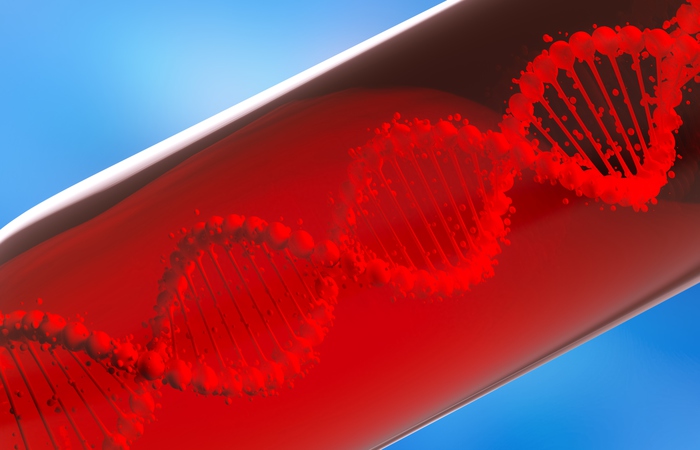In the last ten years there has been a ‘revolution’ in haemophilia in the therapeutic field: in fact, the so-called ‘long acting’ drugs have been produced, with a longer duration, which have contributed to reducing the number of intravenous infusions and have increased protection against bleeding. Subsequently, the use of a new drug, administered subcutaneously, made prophylaxis easier, especially in younger patients. Then there is gene therapy at the gates, with two products for haemophilia A and B to which the European Medicines Agency (EMA) has granted conditional approval and for which an evaluation by Aifa (Italian Agency of the drug). According to FedEmo (Federation of Hemophilic Patients’ Associations), haemophilic patients are therefore witnessing a development of pharmacological research that is in many ways exciting, but some problems remain related to assistance in congenital haemorrhagic diseases (MEC), a group of diseases to which the hemophilia belongs. It emerges on the occasion of the XIX World Hemophilia Day which is celebrated today, in an event in Rome.
“After a decade from the signing of the State-Regions Agreement on assistance for congenital hemorrhagic diseases, gene therapy for haemophilia is now upon us and is currently in the registration phase – notes Cristina Cassone, president of FedEmo – the problems of the assistance system dedicated to the disease have instead increased, despite the daily commitment of clinicians. The post-Covid period has seen the Regions reduce investments in Hemophilia Centers and in the professionals who operate there. FedEmo therefore strongly requests all the Institutions operating in the health to allocate more structural and human resources to assistance to ECMs and greater direct involvement of patients within the technical planning tables”. Hemophilia is a rare genetic disorder linked to clotting. To date, it is estimated that around 400,000 people suffer from it worldwide, around 4,000 in Italy alone. For FedEmo, the evolution of haemophilia treatment has brought about significant improvements in the patient’s life. But “we need trained doctors and adequate infrastructure to manage the therapeutic innovation that research has made available”.
breaking latest news © Copyright ANSA

